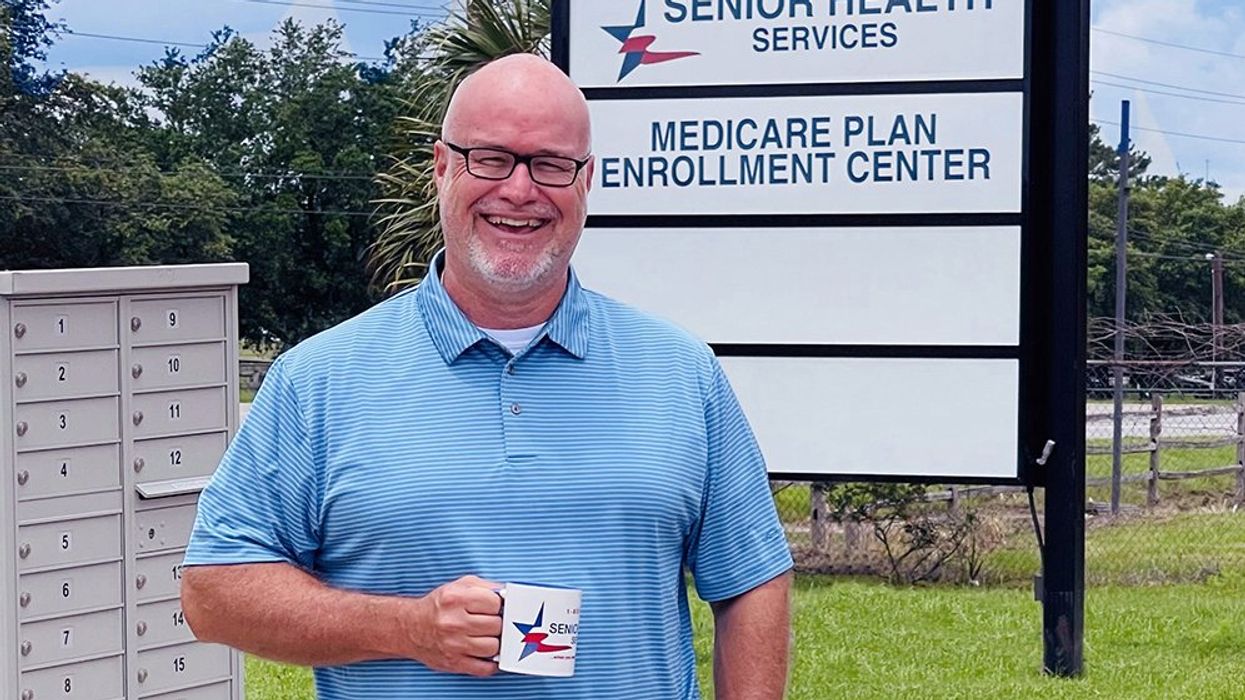Outstanding in His Field
Organic farmer Chris Katthage, a prior-service Marine, grows produce and herbs for some of the city’s best restaurants. Which may partly explain why he looks so fresh in casual fashion for a mild Texas winter.

Christopher Katthage doesn’t look like a farmer. Especially with his shirt off.
A quick glance at his Instagram page — or, OK, a lingering one — will show that, at 36, the occasionally bare-chested prior-service Marine is a very solid 6-foot-2-inches and 210 pounds of unintentionally hip tattoos, neatly groomed chest hair and abs that would make the average washboard quite jealous. But a farmer he is.
Well, he’s a farmer in training actually, at the nonprofit Recipe for Success’ urban farm just a few miles south of the University of Houston, in the historic, predominantly African American district of Sunnyside. It’s called Hope Farms, and, in addition to its founding mission to teach school kids about nutrition and sustainability, it serves both the home cooks in Sunnyside’s “food desert” and dozens of top chefs such as BCN’s Luis Roger, Bistro Menil’s Greg Martin, Coltivare’s Ryan Pera, T-Rex’s Justin Yu and Roost’s Kevin Naderi. The program has been gaining national attention lately, including a Forbes piece a couple months ago that called Recipe and its farm “the largest outreach of its kind” in America.
But as Katthage has observed, the rising cool factor of horticulture is still a bit unsung. “If you tell somebody you’re a farmer, they look at you funny,” he laughs. “They say, ‘Stop messing with me.’ Apparently you’re supposed to have two teeth in your mouth, and a big piece of chaw. Flannel shirt, all that, really country.” Truth be told, Katthage is more Venice Beach than American Gothic. He owes his killer biceps to years of physique training; he even coaches other hardbodies on the side. But really it’s his unique journey to the farm, more than the gun show, that sets him apart.
He was born in South Africa and spent most of his childhood in Johannesburg, where his first languages were Dutch and Afrikaans. In the ’90s, when the end of apartheid portended tough times for his architect dad, the family relocated to the Houston area. He attended Elkins High in Missouri City and, two days after graduation, he joined the Marines.
Military service is a family tradition, says Katthage, who picked the Marines because “they’re the best.” Having been removed from most of his family through his teen years, he was looking for “a sense of belonging.” He got more than he bargained for when his first duty station turned out to be near the Pentagon, where he bore witness first-hand to the 9/11 attacks. He served two tours in Iraq and one in Afghanistan, plus others in Japan and the Philippines. “I got to travel the world,” he says, “and learned how to survive anywhere on Earth, without any money. You learn life skills. You have pride.” Katthage also married — they later divorced — and had a daughter, now 13.
After the Marines, he spent another decade globetrotting across Asia, the Middle East and South America, as a recruiter for oil and gas interests including ExxonMobil. It took a toll. “It was so fast-paced,” he explains. “I was getting detached from what life is really about.” When in 2018 he heard about Hope Farms, which exclusively enlists veterans to, as Katthage puts it, “learn the dying craft” of organic farming, he jumped at the opportunity to take on a new challenge and refocus his life and career.
Indeed his skill set is growing fast — from readying seeds and cuttings in a greenhouse to composting, solarization and pollination using local bees. “It’s a sh*t-ton of work,” he says. “We till the beds on our own. We weed on our own.” The 10-acre farm’s current winter harvest includes broccoli, snow peas, turnips, carrots, green onions, herbs such as lemongrass and basil, cabbage varieties like bok choy, and a half dozen different types of kale.
Katthage sees great career potential for himself in sustainable agriculture. But for now, his rewards go beyond the professional. “The farm itself is a living thing that requires constant care,” he says. “When you take care of something like that that, you have to be giving. You have to care. You have to get back to something fundamental.
“Humans are meant to be kind and caring,” the farmer adds. “Over the years, I think that’s been lost. Out here, you have to be good, honest, hard-working people. And that’s all I want to surround myself with now.”
Styling by Todd Ramos
Grooming by Edward Sanchez for Arched Beauty
Shot on location at Magpie & Peacocks in EaDo
- Hope Farms’ New Weekly Market Revs Up at Tootsies, Bering’s - Houston CityBook ›
- Farm Fresh! Inside Recipe for Success’ Al Fresco Fundraiser — on the Prettiest Day of the Year - Houston CityBook ›
- He Walked Across America Once, but Hope Farms’ Rattler Prefers Growing Roots — and Fresh Produce - Houston CityBook ›
- ‘I Will Not Die,’ Vows Former CityBook Coverguy Who Survived Vicious Nine-Time Shooting - Houston CityBook ›
- Veterans are Powerful Leaders in the Biz World, says this Successful Entrepreneur - Houston CityBook ›
- Runway Show, Farm-to-Table Fare Highlights of Floral-Fabulous ‘Fashion in the Fields’ Fete - Houston CityBook ›







